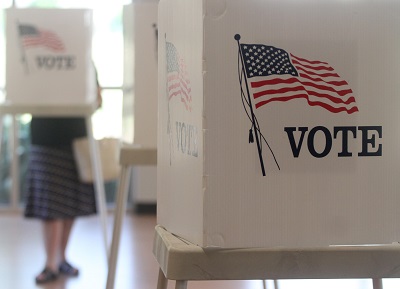Big Apple Shares Lessons on Right to Shelter and COVID Response for Homelessness
Shortly after the outset of the COVID-19 pandemic, the New York City Department of Homeless Services (DHS) moved quickly to relocate an estimated 13,000 individuals from large shelters into commercial hotel rooms to hamper the spread of the virus. Meanwhile, California has secured a similar number of hotel rooms but has almost twice the number of homeless residents as NYC.
To learn whey NYC has had more success in moving its homeless into safer hotel rooms, the Bay Area Council’s Homelessness Committee this week welcomed Molly Park, First Deputy Commissioner for DHS. Park shared lessons learned from the city where the pandemic hit hardest. Park said DHS was able to quickly relocate individuals because of the city’s strong shelter infrastructure given its shelter mandate, which requires the city to provide temporary emergency shelter to every homeless adult and child, every night.
The Committee also endorsed AB 2553 (Ting) to accelerate emergency shelter production across the state. This bill would allow cities and counties to declare shelter emergencies enabling them to speed up construction of emergency homeless shelters by suspending certain regulations. The bill expands upon AB 932 from 2017, which empowered a limited number of cities and counties to fast track shelter construction. This bill comes at a time when emergency shelters are crucial for public health and safety given the ongoing pandemic in addition to poor air quality due to wildfires.
The Homelessness Committee is co-chaired by Clint Reilly, Chairman and President, Clint Reilly Holdings; Gary Cohen, Vice President, Public Affairs, Blue Shield of California; Robert Schiff, Senior Partner, McKinsey and Company; Sarah Krevans, President and CEO, Sutter Health; and, Tomiquia Moss, Founder and CEO, All Home. To engage in the Council’s homelessness policy work, please contact Policy Associate Anna Sciaruto.





